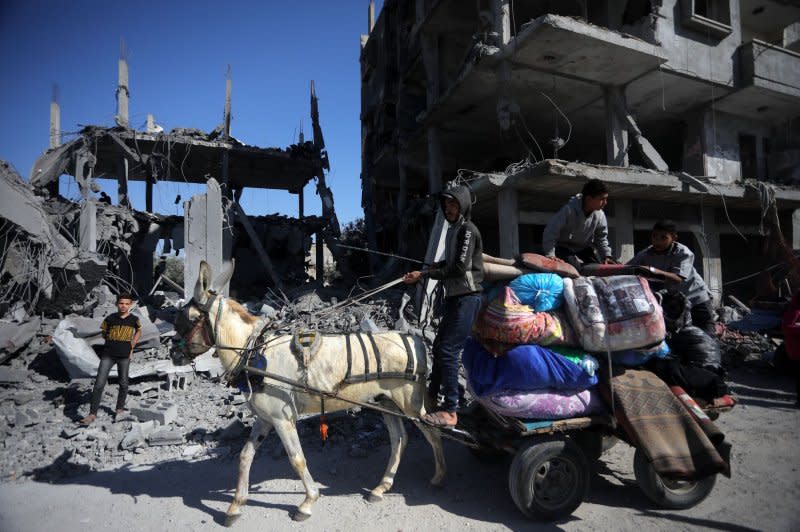Netanyahu: Israel to enter Rafah in southern Gaza 'with or without' hostage deal
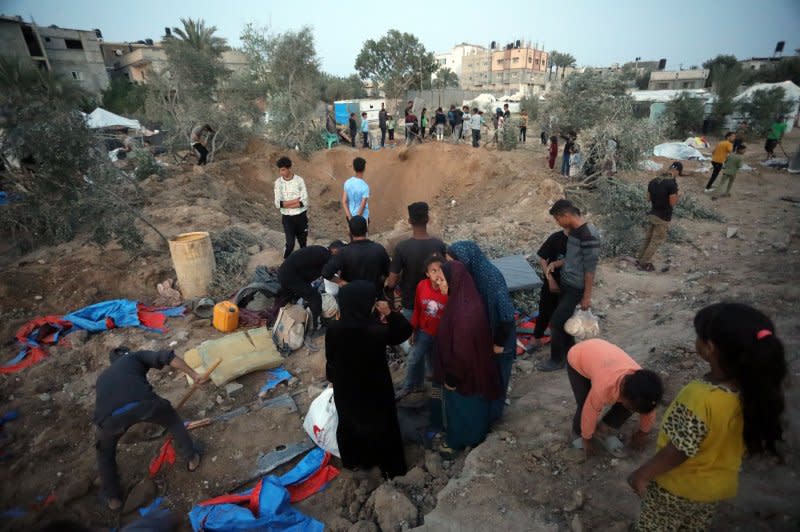
- Oops!Something went wrong.Please try again later.
April 30 (UPI) -- Israeli Prime Minister Benjamin Netanyahu on Tuesday made it clear that an invasion of the southern Gaza city of Rafah will go forward independent of negotiations to free hostages held in captivity by the terrorist group Hamas.
Netanyahu said that Israeli forces would enter Rafah and "eliminate the Hamas battalions there," adding that the plan would move forward "with or without a deal, in order to achieve the total victory."
"The idea that we will halt the war before achieving all of its goals is out of the question," Netanyahu said Tuesday during talks with right-wing affiliated groups who represent families of the Hamas hostages and those of fallen Israeli soldiers that support Israel's military effort in Gaza.
Netanyahu's comments came as U.S. Secretary of State Antony Blinken is in the Middle East for another round of talks with leaders and other officials
Blinken had warned against a Rafah incursion as American officials indicated on Monday that new progress had been made on a possible deal to free the remaining hostages of the 254 kidnapped during Hamas' Oct. 7 sneak attack on Israel.
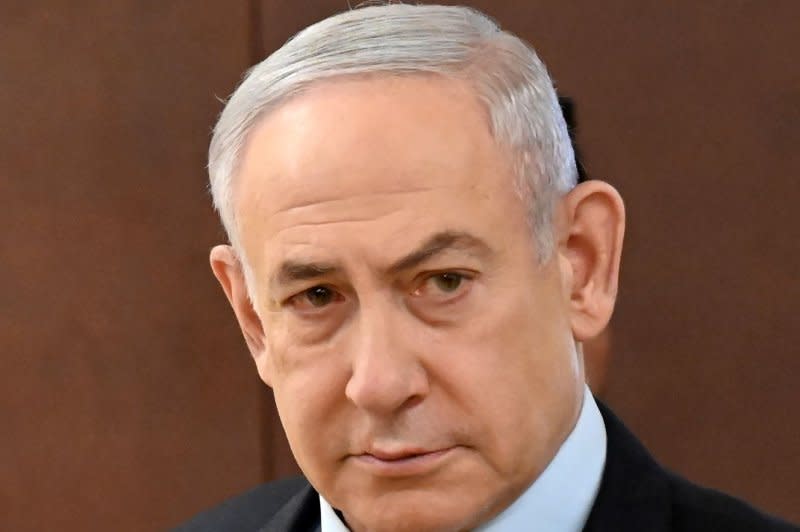
U.S. President Joe Biden and Netanyahu spoke on the phone on Sunday where Biden "reiterated his clear position" on an invasion of Rafah, which the United States in the past has called a "red line."
More than 34,000 people have died in Gaza since the start of the war on Oct. 7 that followed Hamas' attack on Israel, according to the Gaza-run health ministry, though the exact numbers have been hard to pin down.
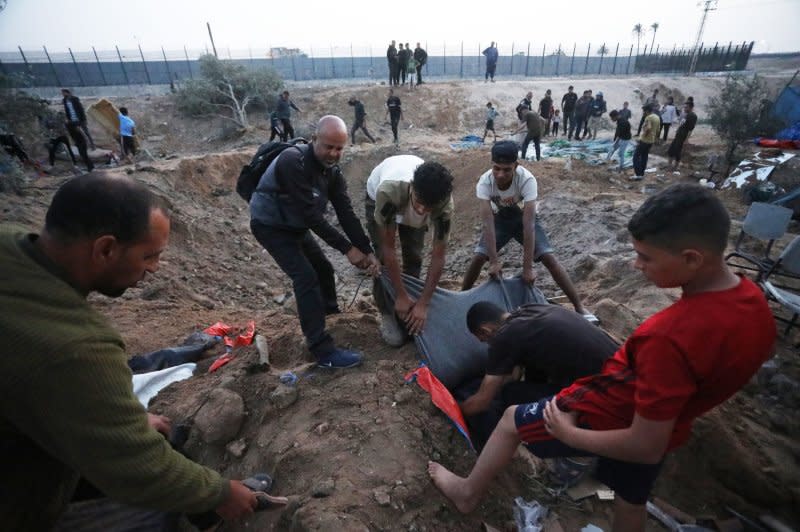
On Monday, a State Department spokesperson said the United States had recently determined that five Israeli military units committed gross violations of human rights long before the start of the Israel-Hamas war.
Any new hostage deal would likely include at least a temporary cease-fire and halt for Israel's plans to enter war-torn Rafah, where more than half of Gaza's 2.5 million civilians are now re-located.
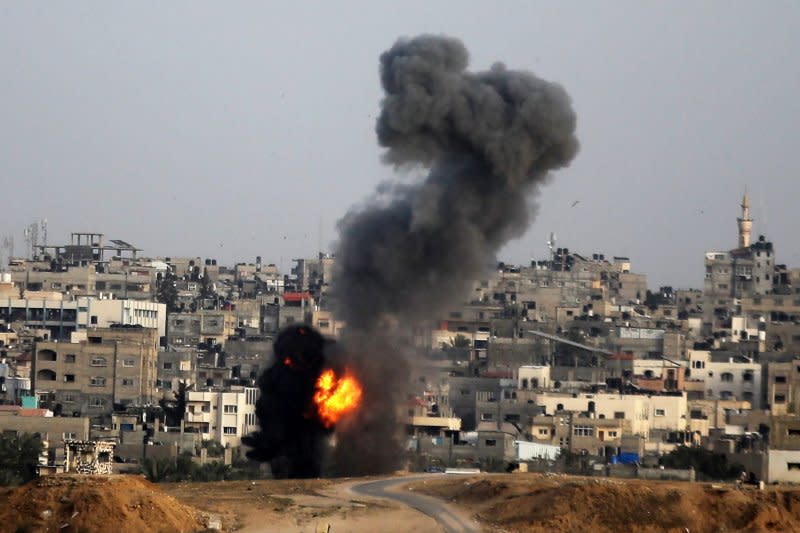
In March, the U.N.'s highest technical body for assessing food and nutrition crises had warned of an "imminent famine" in Gaza.
Also on Monday, Palestinian President Mahmoud Abbas had warned an Israeli invasion of Rafah would be "the greatest disaster in the history of the Palestinian people."
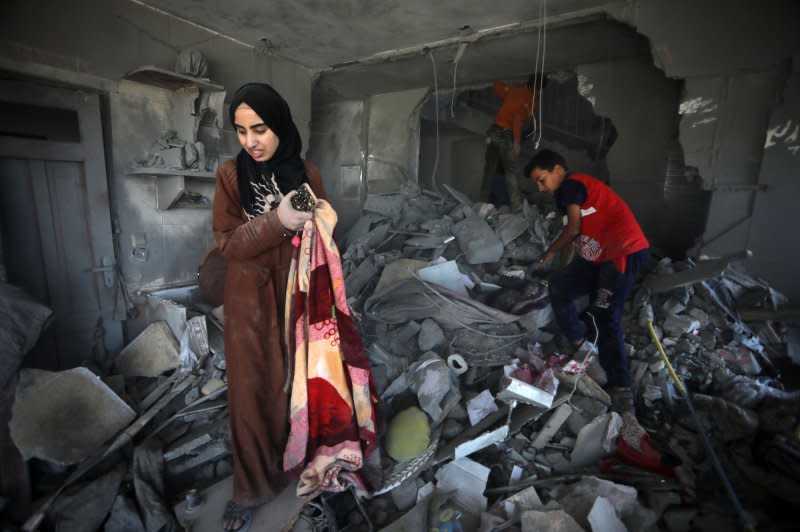
Netanyahu has maintained that taking control of Rafah and destroying the remaining Gazan resistance battalions is paramount to taking control of the region and defeating Hamas, which he has vowed since Oct. 7 to do.
Palestinians and the international community have continued to counter that such a move would be catastrophic on a humanitarian level.
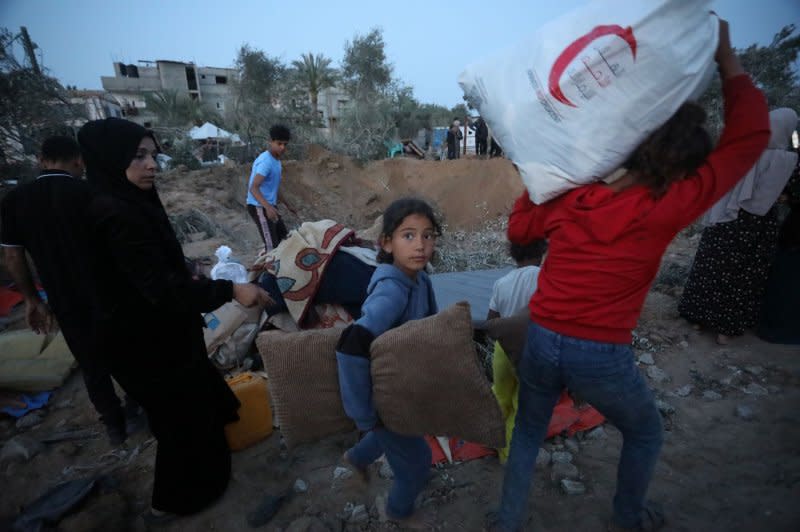
The Palestinian leader says there "must be a political solution that brings together Gaza, the West Bank, and Jerusalem into an independent Palestinian state," adding his fear how after Gaza, "Israel will turn to the West Bank to deport its people towards Jordan."
But on Tuesday, a few far-right members of Netanyahu's war coalition government said how they are taking steps to pressure the prime minister to proceed with the Rafah invasion in southern Gaza despite any "reckless" hostage deal, saying how Netanyhu "understands what the significance is if these things do not happen."
